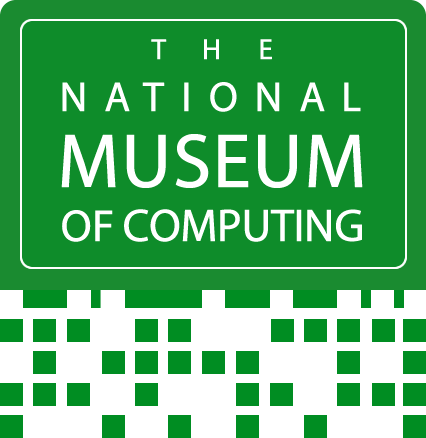LEO 1 Computer* (c) LEO Computers Society
A Virtual Talk by LEO Computers Society’s John Daines.
Conceived in November 1951, Business Computing emerged not thanks to any of today’s technology superpowers but due to a British baker with a national chain of popular tea shops. Seventy years ago, engineers working for the food giant J Lyons & Co. bought into service a room-sized computer, commissioned with the vision to transform its business. Titled the Lyons Electronic Office, the computer was better known as LEO. On Tuesday 23rd November, join The National Museum of Computing and LEO Computers Society’s John Daines for a virtual talk which celebrates the introduction of the world’s first business computer. This event sparked a technological revolution and saw the democratisation of Computing: the transition of computers out of research labs and into the workplace.
In this virtual talk John will discuss:
A quest which took Lyons’ engineers to Cambridge and further afield to the US chasing stories of a new generation of machine capable of automating business processes.
The players Lyons hired to devise LEO and design important processes, systems and programs never before implemented.
Technology changes that pushed the boundaries of the Lyons’ engineering team’s knowledge and understanding.
The individuals who passed demanding test criteria to become engineers working on LEO, including Computing’s first female business software programmer.
How Lyons went from charging others to use LEO to building a successful computer business, with a client list that spanned blue-chip corporations, UK government departments and Communist powers.
*Image Credit: The image above is the property of LEO Computers Society who have kindly granted us permission for its use.



